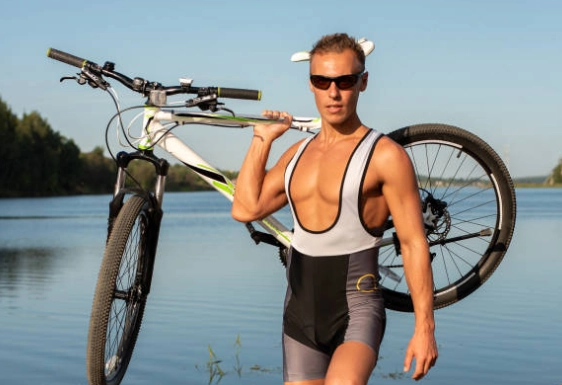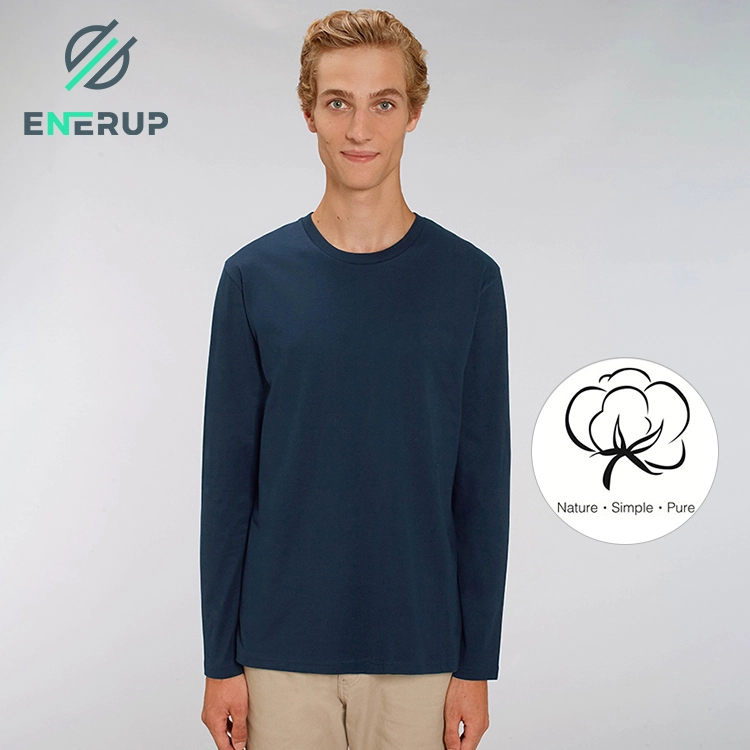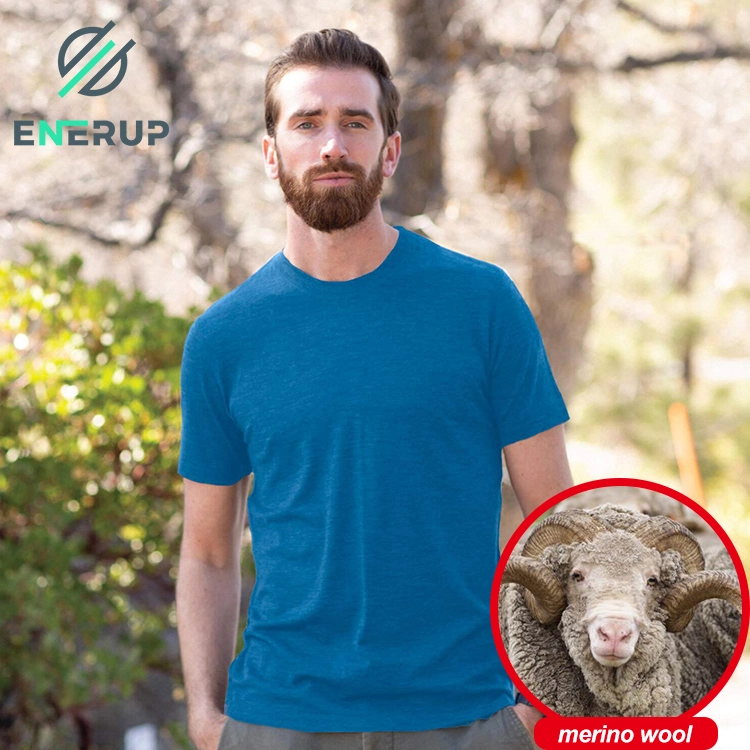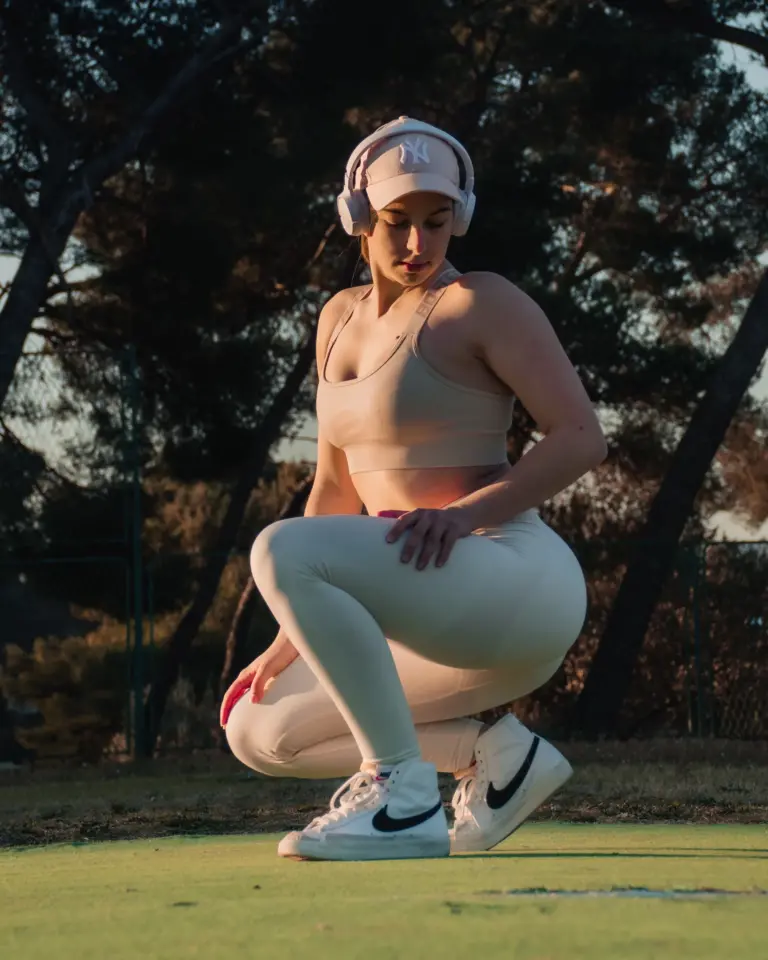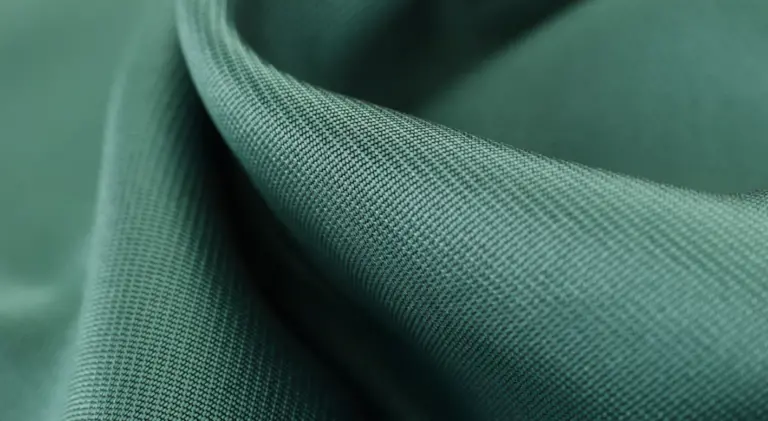Understanding UV Protection in Clothing
The Importance of UV Protection
Ultraviolet (UV) radiation from the sun is a significant concern for all individuals who spend time outdoors. Prolonged exposure to UV light can lead to various skin problems, including sunburn, premature aging, and an increased risk of skin cancer. Therefore, it is crucial to consider UV protection in your daily attire. More than ever, clothing designed to guard against UV light exposure is becoming increasingly important for maintaining long-term skin health.
How Clothing Can Provide UV Protection
Just as sunscreen blocks UV radiation from reaching the skin, certain types of clothing can serve as a barrier against harmful rays. The effectiveness of clothing in providing UV protection depends on several factors, including the material composition, fabric tightness, and color of the clothing. A key measure to look for is the Ultraviolet Protection Factor (UPF) rating, which signifies how much of the sun’s UV radiation is absorbed by the fabric. Higher UPF ratings indicate better protection, making it easier for consumers to determine the effectiveness of their clothing in guarding against UV light.
Material Composition and UV Protection
Natural Fibers vs. Synthetic Fibers
When it comes to UV protection, the type of fibers used in clothing plays a vital role. Natural fibers like cotton, linen, and silk are known for their comfort and breathability. However, these materials might not offer sufficient protection against UV light unless treated with UV-inhibiting chemicals. On the other hand, synthetic fibers such as polyester, nylon, and spandex often provide better inherent UV protection due to their densely woven structure. The very nature of synthetic fibers can offer more effective shielding against harmful UV rays compared to some natural fibers.
Innovative Fabric Technologies for UV Protection
The advancements in textile technology have led to the development of innovative fabrics designed specifically to guard against UV light. Some of these fabrics incorporate special UV-absorbing compounds directly into the fibers, enhancing their ability to block harmful rays. Others utilize advanced weaving techniques to create dense, tightly woven textiles that naturally inhibit UV penetration. Brands and manufacturers are continually exploring new methods and treatments, such as the application of titanium dioxide, to provide consumers with the best possible UV protection in their clothing materials. These innovations are pivotal in pushing the boundaries of textile science to ensure that we can stay safe in the sun without compromising on style or comfort.
With the knowledge of materials and innovative technologies, consumers can make more informed decisions regarding their clothing choices. From selecting natural fibers with added UV protection treatments to opting for advanced synthetic materials, the range of options available makes it easier to find clothing that not only meets aesthetic preferences but also provides essential protection against UV light.
Choosing the Right UV Protective Clothing
Key Factors to Consider
Several factors should be considered when choosing UV-protective clothing. First, examine the UPF rating of the garment, as this indicates its effectiveness in blocking UV rays. A higher UPF rating means better protection. Next, consider the type of material; synthetic fibers generally offer better UV protection than natural fibers unless treated. The fabric’s weight and weave are also important; heavier, tighter weaves provide better protection. Lastly, color matters—darker colors typically offer more UV protection than lighter ones.
Recommendations for Different Activities
For beach outings or poolside relaxation, garments like long-sleeve shirts and wide-brimmed hats made from high-UPF fabrics are recommended. For outdoor sports, look for lightweight, breathable fabrics that still provide a high level of UV protection. Hiking and camping enthusiasts should seek clothing that offers both UV protection and durability, capable of standing up to rugged conditions. In everyday settings, stylish but functional options like UPF-rated dresses, shirts, and pants can seamlessly integrate UV protection into daily life.
Guiding Consumers Toward Quality Choices
Certification and Standards
To ensure the clothing provides adequate UV protection, consumers should look for certifications and standards. Common certifications, like the Skin Cancer Foundation’s Seal of Recommendation, indicate reputable UV protection. Additionally, garments meeting standards such as the American Society for Testing and Materials (ASTM) D6603 or the International UV Standard 801 have been rigorously tested for their UV-blocking capabilities. These certifications and standards provide assurance regarding the efficacy of the clothing’s UV protection.
Care Instructions for Longevity
Maintaining the UV protection of your clothing involves proper care and maintenance. Always follow the manufacturer’s washing instructions, as incorrect washing can degrade the fabric’s UV-protective properties over time. Avoid using bleach, and wash in cold water with a gentle detergent. Drying garments in the shade rather than direct sunlight can also preserve the fabric’s integrity. By adhering to these care recommendations, consumers can extend the lifespan of their UV-protective clothing and ensure sustained protection.
Harvest SPF Textile Co., Ltd
Company Overview
Harvest SPF Textile Co., Ltd is a leading entity in the development and production of UV-protective fabrics. Known for its innovative approach and commitment to quality, the company has carved out a niche in the textile industry. Their mission focuses on promoting health and safety through high-quality UV-protective clothing, ensuring that consumers can enjoy outdoor activities without compromising their skin health.
Harvest SPF’s Specialized Materials
Harvest SPF Textile Co., Ltd specializes in a variety of advanced fabrics designed to guard against UV light. Their materials are often embedded with UV-absorbing compounds, providing a higher level of protection. Additionally, their use of tightly woven synthetic fibers further enhances the UV-blocking capabilities of their textiles. The company’s research and development teams are constantly working on new fabric technologies that not only offer superior UV protection but are also comfortable and stylish.
Conclusion: The Future of UV Protective Clothing
Ongoing Innovations in Fabric Technology
The future of UV-protective clothing lies in continuous innovation and technological advancements. Researchers are exploring new materials and treatments that enhance UV protection while maintaining comfort and aesthetic appeal. Emerging technologies, like nanotechnology and biomimicry, hold promise for developing fabrics that offer unprecedented levels of protection against UV light. These innovations will likely lead to more effective and versatile UV-protective clothing options.
The Role of Consumer Awareness in Promoting Sun Safety
Consumer awareness plays a critical role in promoting the use of UV-protective clothing. As more people become educated about the risks of UV exposure, the demand for high-quality, UV-protective garments will rise. This increased awareness can drive further innovation and expansion in the industry. Ultimately, by making informed choices and prioritizing UV protection in their clothing, consumers can significantly reduce their risk of UV-related skin damage, contributing to long-term public health and well-being.








